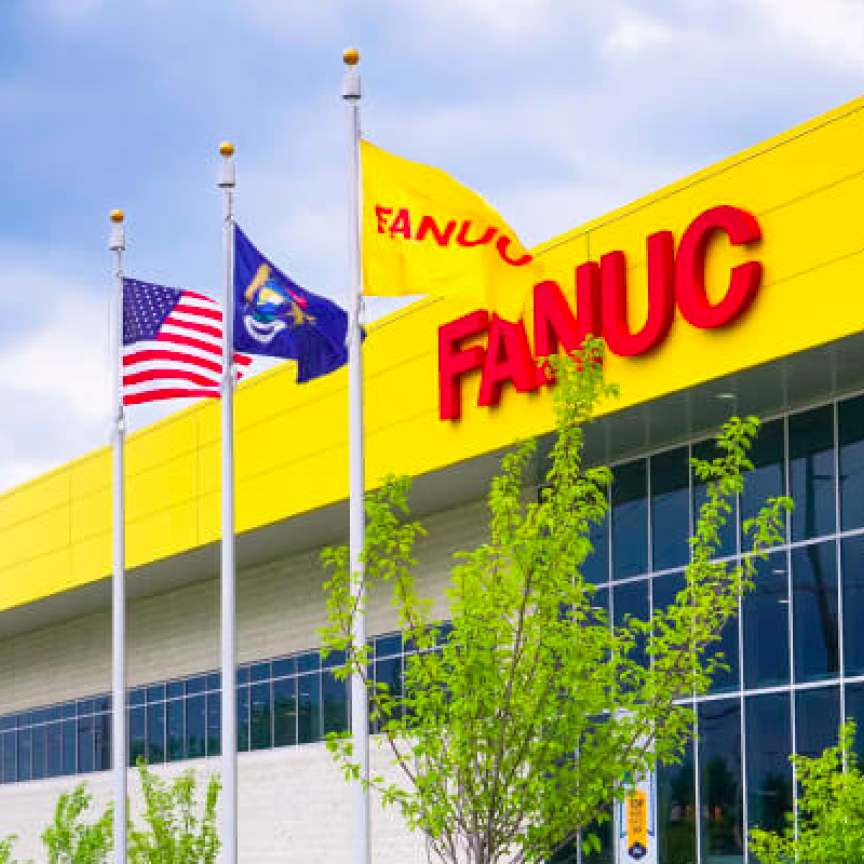The UK quantum enhanced imaging hub, Quantic, has secured £28 million from the UK’s Engineering and Physical Sciences Research Council (EPSRC).
The University of Glasgow-led research hub will be funded for five more years, as part of £94 million pledged in support of the UK National Quantum Technologies Programme.
Since it was established in 2014 as one of four quantum hubs supported by £270 million in funding from the UK government, Quantic has developed new ways of sensing and imaging using quantum technologies.
Quantic brings together the universities of Glasgow, Bristol, Edinburgh, Exeter, Heriot-Watt, Imperial College, Strathclyde and Southampton with industrial partners from across the UK.
The hub’s major research successes to date include the development of QuantiCam, a digital camera that captures photons 10,000 times faster than conventional cameras, and cameras capable sensing around corners and seeing through smoke.
A portable gravity imager has also attracted industrial interest for use in space, civil engineering and environmental monitoring.
Quantic has also incubated three spinout companies: QLM, which has developed a drone-mounted quantum sensing solution capable of remotely detecting and quantifying minute methane leaks; Raycal, which provides consulting services in the area of quantum technologies, with a special focus on imaging and metrology; and Sequestim, which aims to commercialise the next generation of terahertz imaging technology for security screening applications.
Over the next five years, Quantic will work on single-photon cameras, detectors based on new materials, and single-photon sensitivity in the mid-infrared spectral regions.
Professor Steve Beaumont, director of Quantic, said: ‘We’ve had an enormously successful first five years, making significant technological breakthroughs and forging 39 project partnerships with industry across the UK. We’ve also worked hard to encourage the next generation of pioneering quantum engineers, investing more than half a million pounds in 12 industry-led studentships.’
Quantic started in 2014 with 30 industrial partners; today it engages with more than 70 companies. Professor Miles Padgett, Quantic’s principal investigator, said: ‘It shows that there is huge commercial potential for the kind of quantum-enhanced technologies we’re working on. We’re delighted that we’ve received the funding we need to continue helping the UK keep its place on the world stage in cutting-edge research and development.’
Further reading:
Super-positioned cameras - Greg Blackman looks at novel imaging devices based on quantum science, and finds that the technology is closer to commercialisation than first expected


